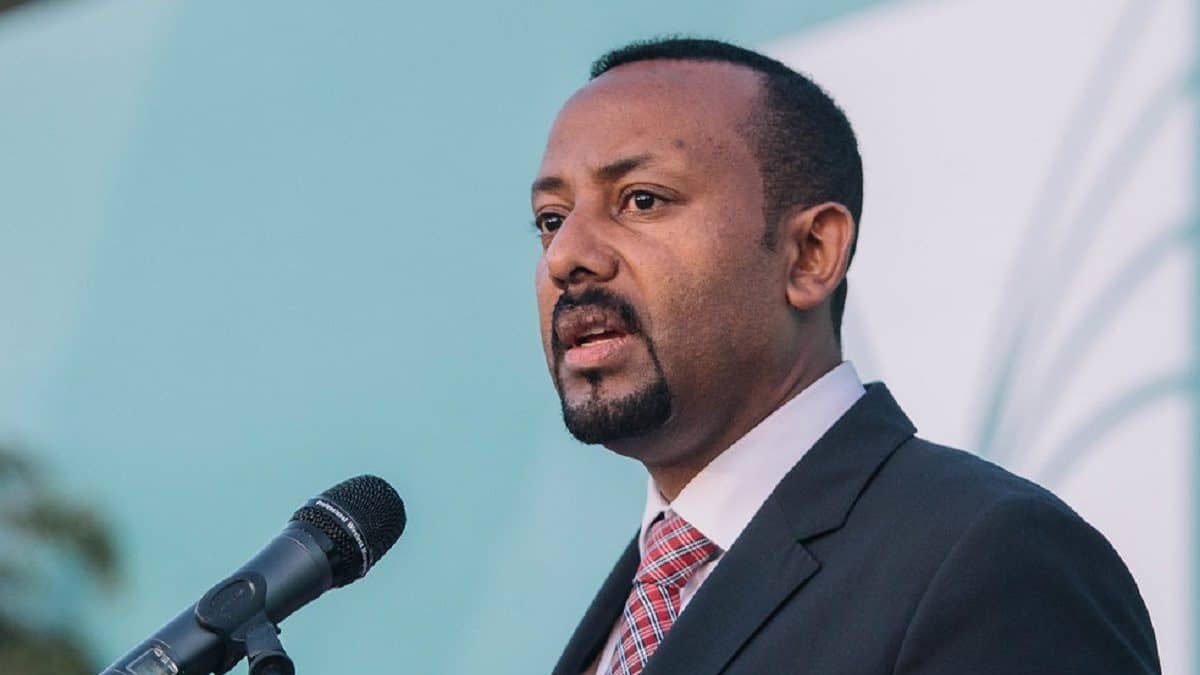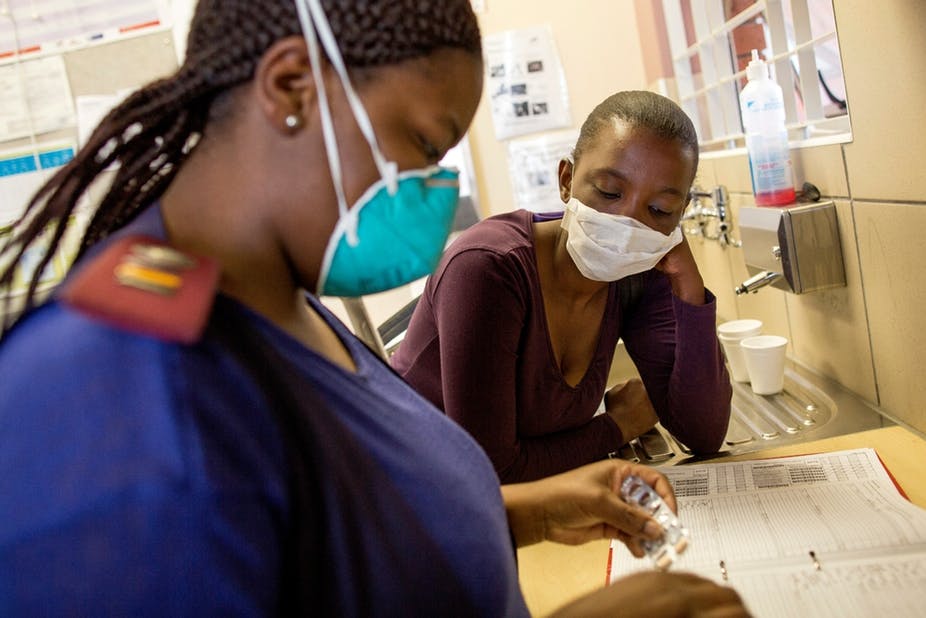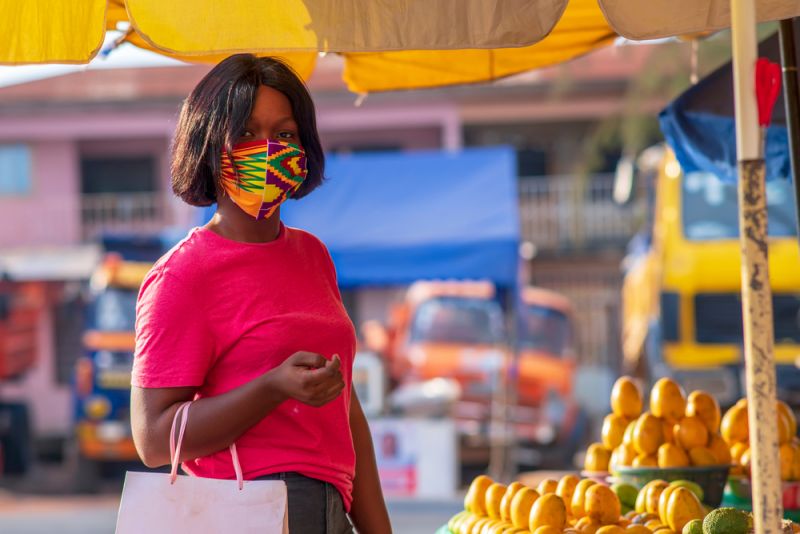Despite the numerous shortcomings, the participation of 46 political parties in an election with a voter registration of 78% and voter turnout of above 90%, was a major milestone in Ethiopia’s democratization. In its first electoral victory since being appointed as the Prime Minister in 2018, Abiy Ahmed’s Prosperity Party (PP) secured 410 of the 436 seats in the Ethiopian parliament for which polls were held on June 21. The result of the election was announced by the National Election Board of Ethiopia (NEBE) on Saturday, July 10.
Voting has not yet taken place for the remaining of the total 547 seats in the parliament, which for now will remain vacant. A majority of these seats are in the three regional states — Tigray, Harari and Somali — where the elections were not held due to the security situation and logistical challenges. A date for the election is yet to be announced for the northernmost state of Tigray, where the federal defense forces have been embroiled in a civil war with the formerly ruling and now outlawed Tigray People’s Liberation Front (TPLF). The civil war began after TPLF forces attacked a federal army base in November 2020.
Due to lack of security in Harari State and ballot irregularities in the Somali State, elections here have been postponed to September 6. Outside of the 100-odd constituencies where the polls were not conducted, the nearly 38 million people registered to vote amounted to about 78% of the eligible citizens of Africa’s second-most populous country. The voter turnout was reported to be above 90%
*The views of the above article are those of the author and do not necessarily reflect the views of Africa Speaks 4 Africa or its editorial team.




